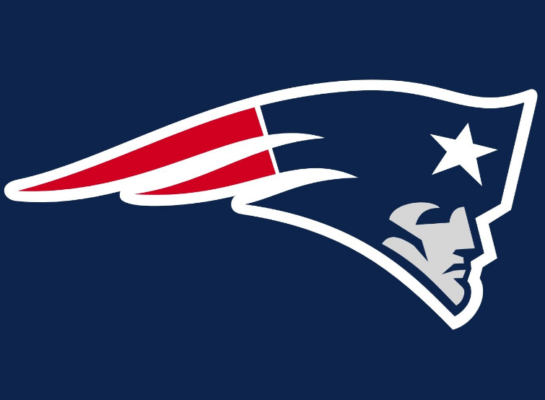A few weeks ago, I did a column about a Los Angeles Laker documentary on Hulu—“Legacy: The True Story of the L.A. Lakers.” Since then, I’ve had the chance to watch another sports documentary about another team with a greater local following—“The Dynasty: New England Patriots.”
Based on the book by Jeff Benedict, this ten-part series can be seen on Apple+ TV.
“The Dynasty” was a nice trip down memory lane. Unlike “The Last Dance” (a documentary on one Chicago Bulls title season in 1998), this Patriots story is a 20-year saga. This Brady/Belichick era saw the team go to nine Super Bowls while narrowly missing out on at least a couple of others.
Dynasty indeed.
No two people would ever create such a story the same way. With twenty (plus) years of material, what should be included and how? The first three episodes covered the 2001 season, which led to the Pats’ first Super Bowl win in 2002. And what a great story that Cinderella Season was.
The producers did a great job getting interviews with people. Quarterback Tom Brady features prominently throughout, as one would expect. (What if he’d opted not to participate? I wonder what they paid him.) Ditto re: Coach Bill Belichick and owner Bob Kraft.
But the many cameos by Bill Parcells and Drew Bledsoe added context and understanding of how the dynasty came about. Brady’s family members, including Brady’s parents and sister, Nancy, added insights and pathos. (Giselle was not part of the cast, but I’m sure that was discussed. I wonder if she was approached.)
Numerous players, media people, and others also helped tell the tale.
I was already familiar with much of the story, i.e., how the New York Giants ruined the Pats’ perfect season in Super Bowl XVII in 2008. But many pieces I’d forgotten or never knew about in the first place. (Like how Vladimir Putin stole a Super Bowl ring from Kraft during the latter’s trip to Russia. Seriously!)
The series could have strictly focused on football. Twenty years of gridiron excellence provide a cornucopia of fabulous “on-the-field” action. But Dynasty is a story of people and communities, with compelling “off-the-field” chapters: Spygate, Deflategate, and the Aaron Hernandez show, all about the late Patriots tight end who was imprisoned for murder.
“F-bombs” were dropped by almost everyone, except maybe Brady’s mom. How profane our sports world is.
A consistent theme involved the relationship between Brady and Belichick, with the quarterback emerging as the sympathetic protagonist and the coach as an unsympathetic jerk—aside from his countless F-bombs. We already knew that Belichick was arrogant and taciturn. But winning six Super Bowls earned Belichick a unique cachet. His success gave him a “diva license.”
The longstanding Brady-Belichick tension was more than I realized. Belichick had such an apparent lasting need to criticize and diminish his GOAT QB—eventually driving him out of town.
Brady won a Super Bowl his first year in Tampa Bay while the Pats quickly descended into mediocrity. Belichick had a losing record in Cleveland and New England before Brady (41-55) and in New England after Brady (25-38). He apparently is interested in another head coaching job. But Dynasty is not going to help his prospects.
Dynasty confirms what we already suspected: that Brady, indeed, was the straw that stirred the Patriot drink and that he deserved the “last laugh” re: his public and not-so-public conflict with Belichick. That outcome is probably the biggest “take-away” from a splendid documentary that brought back many memories—pleasant, poignant, and perplexing.
In addition to reviving memories, Dynasty raises some questions to which answers will likely emerge as time passes.
Like is Putin ever going to return Kraft’s Super Bowl ring?
